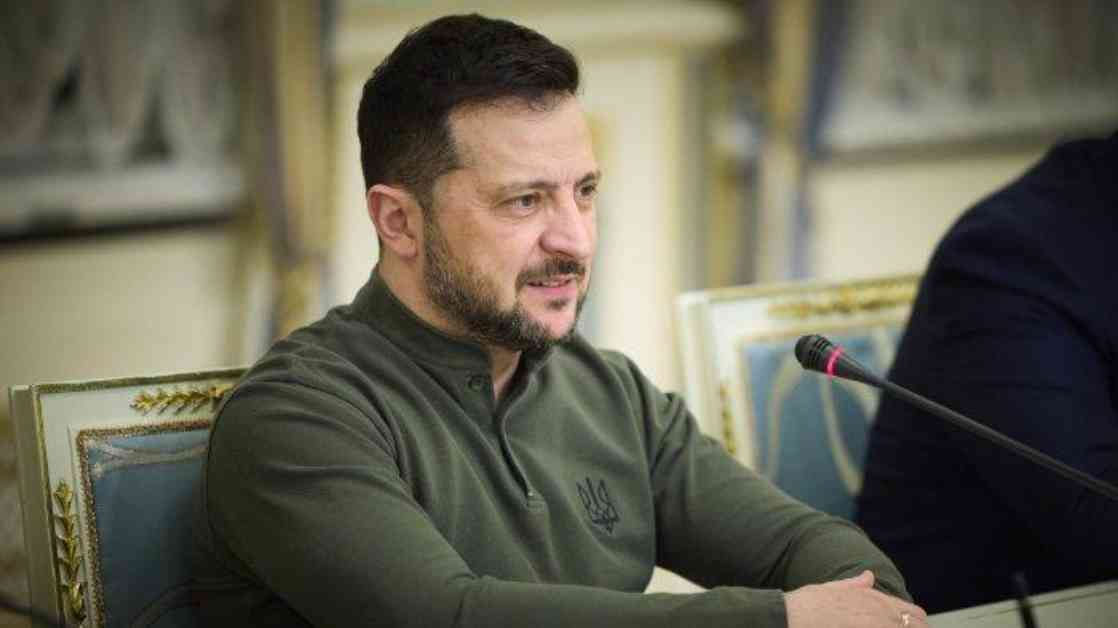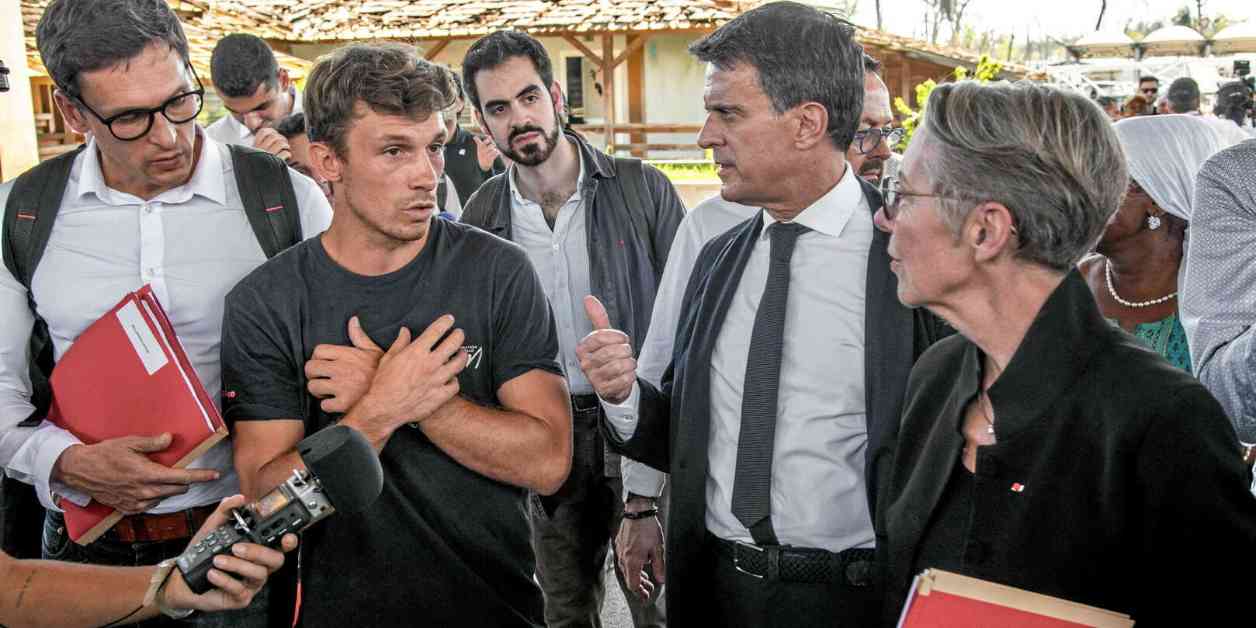President of Ukraine Volodymyr Zelensky expressed disappointment upon learning about a phone conversation between President of the United States (US) Donald Trump and President of Russia Vladimir Putin. The discussion revolved around efforts to end the war in Ukraine. Zelensky, feeling let down, then met with several US senators at the Munich Security Conference in Germany on Friday, February 14, 2025. During the conference, US Vice President J.D. Vance emphasized the importance of long-term peace, not just a temporary ceasefire in Eastern Europe.
Seeking Long-Term Peace
“We want the massacre to stop, but we want long-term peace,” Vance stated, as reported by CBS News. Zelensky also expressed his desire to discuss preparations to end the war that had been ongoing for over three years. He requested security guarantees for Ukraine in the negotiations. Zelensky emphasized that decisions regarding Ukraine should involve Ukraine in every discussion. At the conference, Zelensky was asked about his reaction to the conversation between Trump and Putin. “I had a good conversation with President Trump. We spoke several times over the phone, and he himself called Putin,” Zelensky said, as quoted by Maariv. “He (Trump) told me, ‘I think Putin wants to end this war.'” “I told him that Putin is a liar.”
European Response
The conversation between Trump and Putin drew sharp criticism, particularly from Europe. The Washington Post reported that the discussion surprised Ukraine and signaled danger for Europe, as there was no mention of European interests in the announcement.
The dialogue between Trump and Putin at the expense of Zelensky’s trust reflects a significant diplomatic setback in efforts to resolve the conflict in Ukraine. Zelensky’s disappointment highlights the complexities and challenges faced in navigating international relations, particularly in conflict zones. The need for long-term peace and security resonates beyond borders, emphasizing the interconnectedness of global affairs.
The European response underscores the broader implications of such diplomatic exchanges on regional stability and security. The absence of consideration for European interests in the conversation raises concerns about the prioritization of geopolitical agendas over collaborative efforts towards sustainable peace. As tensions persist, the urgency of addressing the root causes of conflict becomes increasingly evident in fostering lasting solutions.
In conclusion, the repercussions of Trump’s conversation with Putin reverberate across international relations, underscoring the delicate balance of power dynamics and strategic interests at play. The disappointment expressed by Zelensky serves as a poignant reminder of the human cost of political decisions and the imperative of prioritizing peace over geopolitical calculations in conflict resolution efforts. As the world watches developments unfold, the hope for a lasting resolution to the conflict in Ukraine remains a shared aspiration for stability and security in the region.














